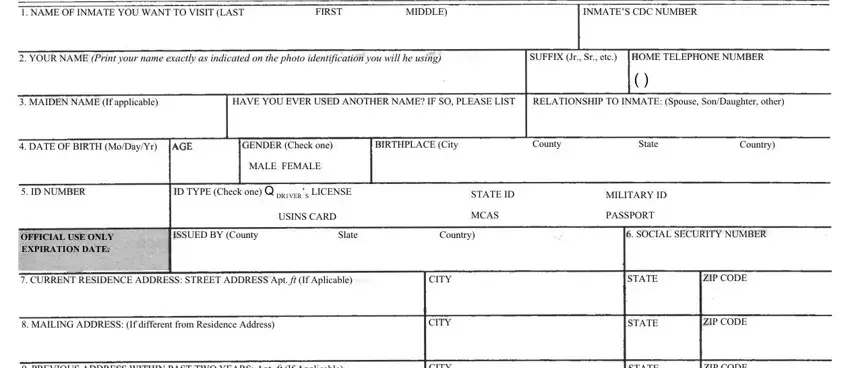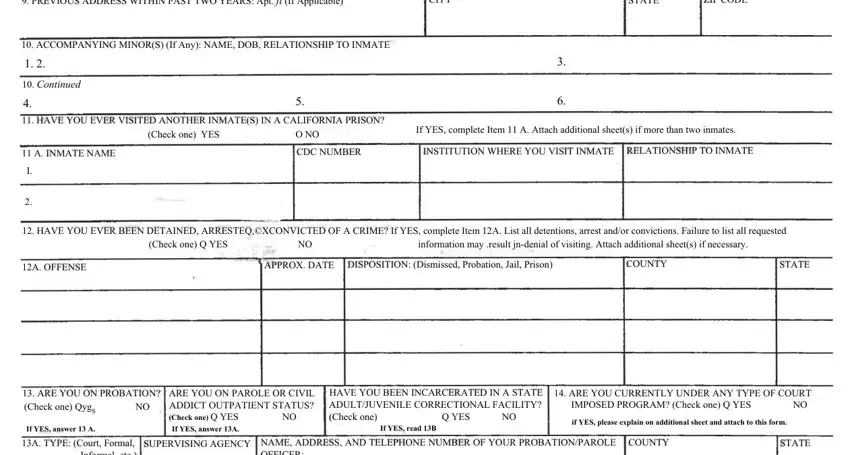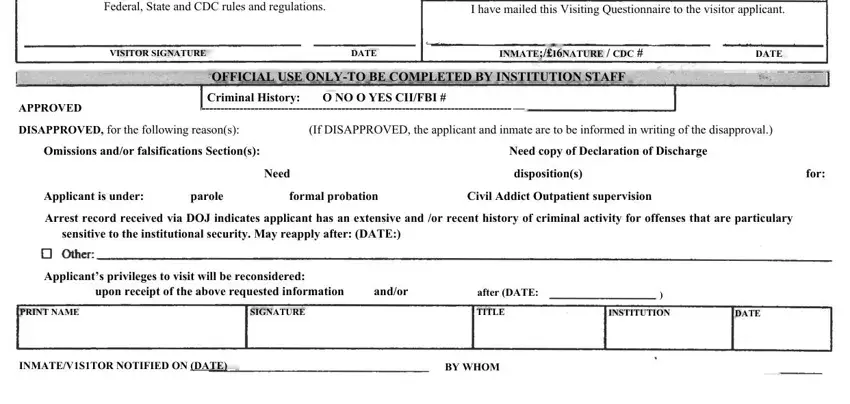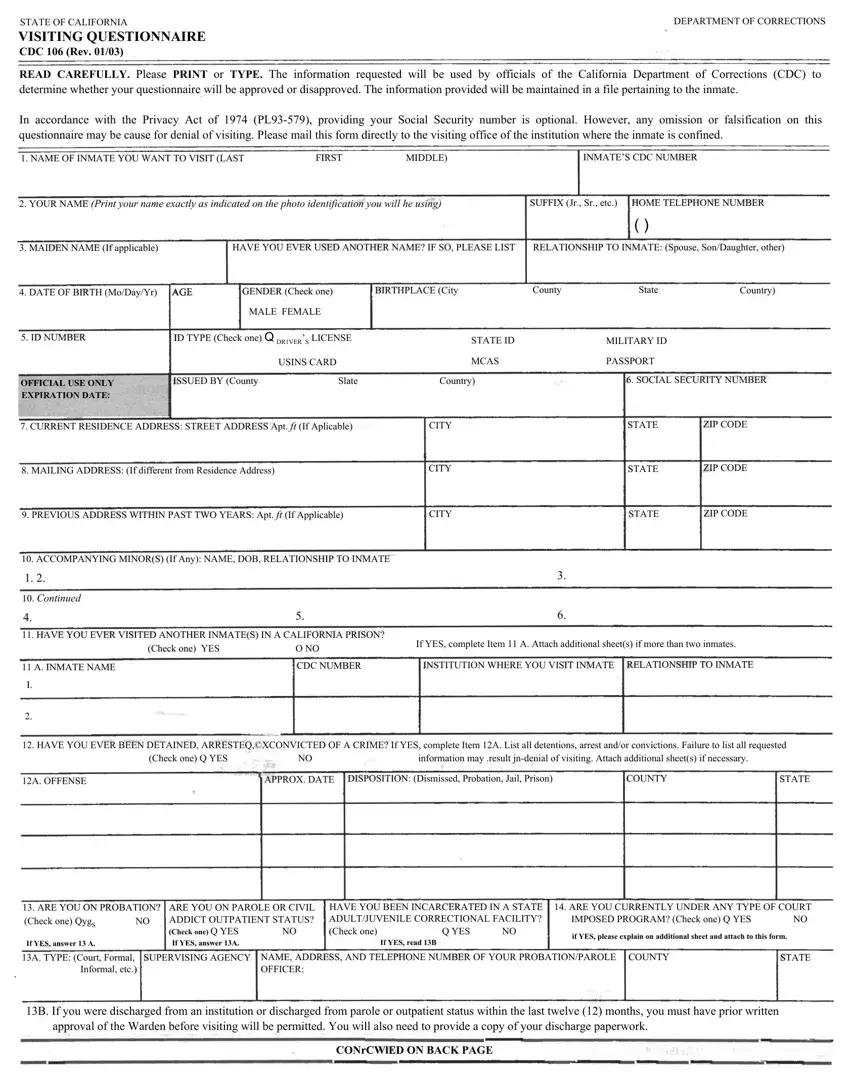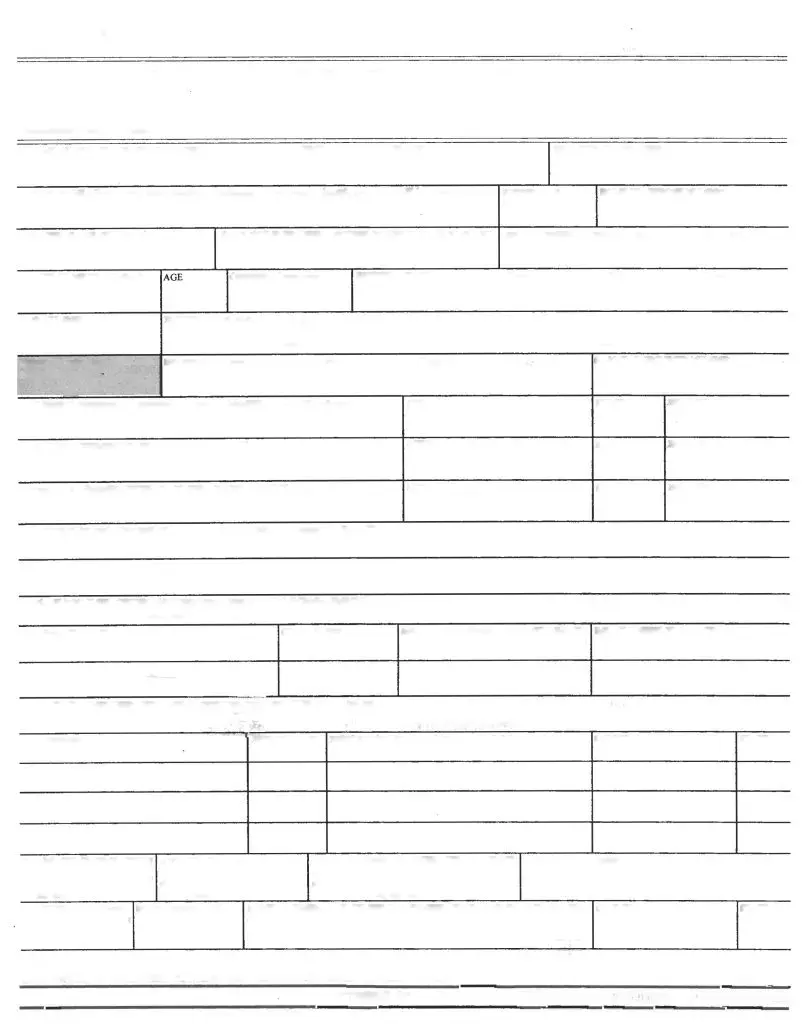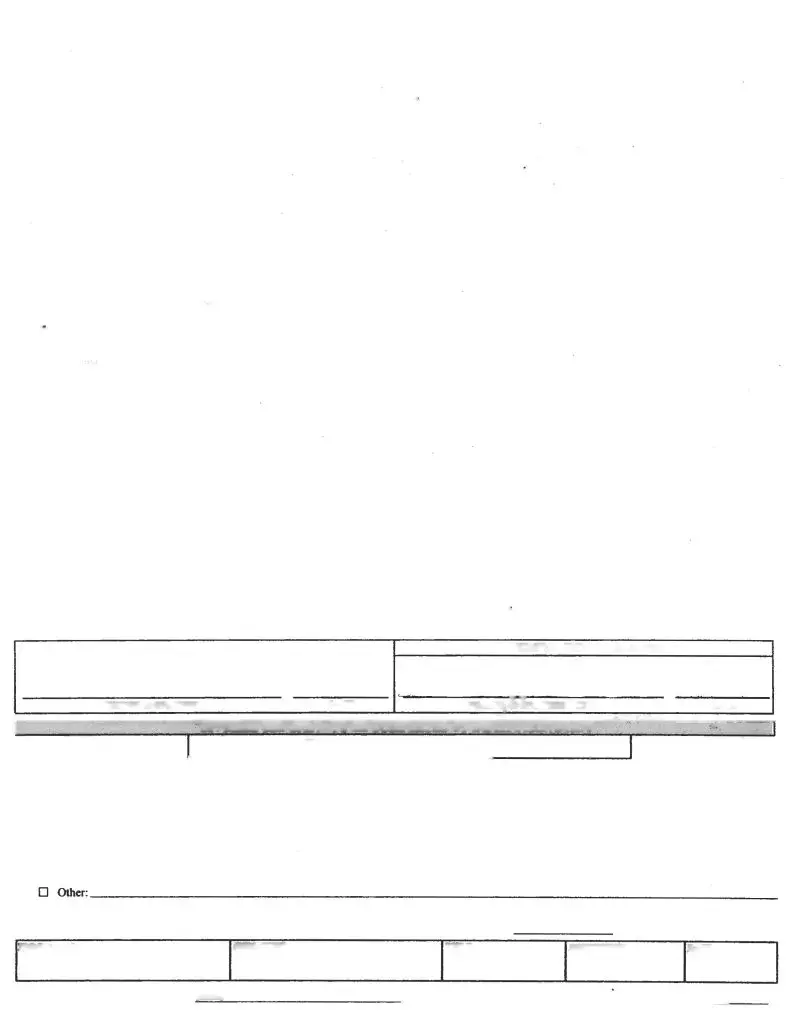15.If you are under 18 years of age and are not an emancipated minor or the inmate’s legal spouse, you must have the written notarized consent of a parent or legal guardian and be accompanied by a responsible adult who is also approved to visit. The notarized written consent must be presented each time a minor visits unless prior approval has been attained form the Warden for an inmate to visit with his or her unchaperoned children.
16.VISITORS WITH DISABILITIES: If you have special requirements related to your disability (medical implants, prosthetic devices or requiring
mobility assistive devices, i.e.,. crutches, walkers, braces, wheelchairs, battery operated or custom prescribed wheelchairs, guide dog for the visually or hearing impaired, insulin kit with syringes, etc.) you will need to attach a verifying statement from your physician. Visitors with guide dogs will need to provide the dog’s certification paperwork upon visit check-in. The CDC will make every effort to provide reasonable accommodations for all qualified/eligible visitors with disabilities in keeping with the safety and security of the institution and the public. If you have any questions and/or concerns, please contact the institution where the inmate is confined.
17.The following laws relate to prison visitation:
SUBJECT TO SEARCH: Visitors entering the correctional institution, camp or facility grounds are subject to a search of their person, vehicle and property. Except as described below, visitors may leave the institution, camp, or facility grounds rather than submit to a search of their person, vehicle or property. Refusal to submit to the search will result in denial of visiting for that day.
Visitors may not elect to leave the correctional institution, camp or facility grounds rather than submit to a search when institution officials possess a court issued search warrant or cause for a search arises while the visitor is on the institution grounds and the cause for the search is believed by institutional officials to be a criminal offense.
FIREARMS AND DRUGS ON INSTITUTIONAL GROUNDS /ASSISTING INMATES TO ESCAPE: It is a felony for anyone to assist inmates to escape. Bringing firearms, deadly weapons, explosives, tear gas, drugs, drug paraphernalia, or selling drugs on prison grounds, or giving/selling inmates firearms, weapons, explosives, liquor, cocaine, or other narcotics or any kind of drugs, including marijuana, is a crime (Sections 2772, 2790,4534, 4535, 4550, 4573, 4573.5, 4573.6, 4573.8, 4573.9, 4574, 4600, California Penal Code).
GIVING LETTERS TO INMATES OR TAKING LETTERS OUT FOR INMATES BY ANYONE IS A MISDEMEANOR: (Section 4570, 4570.1, California Penal Code).
FALSE IDENTIFICATION: Anyone who falsely identifies himself/herself to gain admittance to a prison is guilty of a misdemeanor. Persons previously convicted of a felony in the State who come upon the grounds of a prison without permission of the official in charge are guilty of a felony (Section 4570.5, 4571 California Penal Code).
TRESPASSING: Entry on institution property for unauthorized purposes will be considered trespassing as provided in Section 602(j) of the California Penal Code. Refusal or failure to leave the property when requested to do so by an official will be considered trespassing as provided in Section 602(p) of the California Penal Code.
PERIOD OF EMERGENCY: In the event of an emergency situation that affects a significant portion of the inmate population at an institution, the visiting program and other program activities may be suspended during the period of emergency (Section 2601(d), California Penal Code).
GIVING OR RECEIVING GIFTS: Giving or receiving gifts to or from inmates is a misdemeanor (Section 2540, 2541, California Penal Code).
HOSTAGES: Hostages will not be recognized for bargaining purposes during attempted escapes by inmates (Section 3304, California Code of Regulations, Title 15, Division 3, Chaper 1).
18. If you are APPROVED to visit, the inmate will be notified and it is his/her responsibility to notify you.
If you are DISAPPROVED to visit, the institution will notify you by mail. You will not be allowed to visit until your application is approved.
